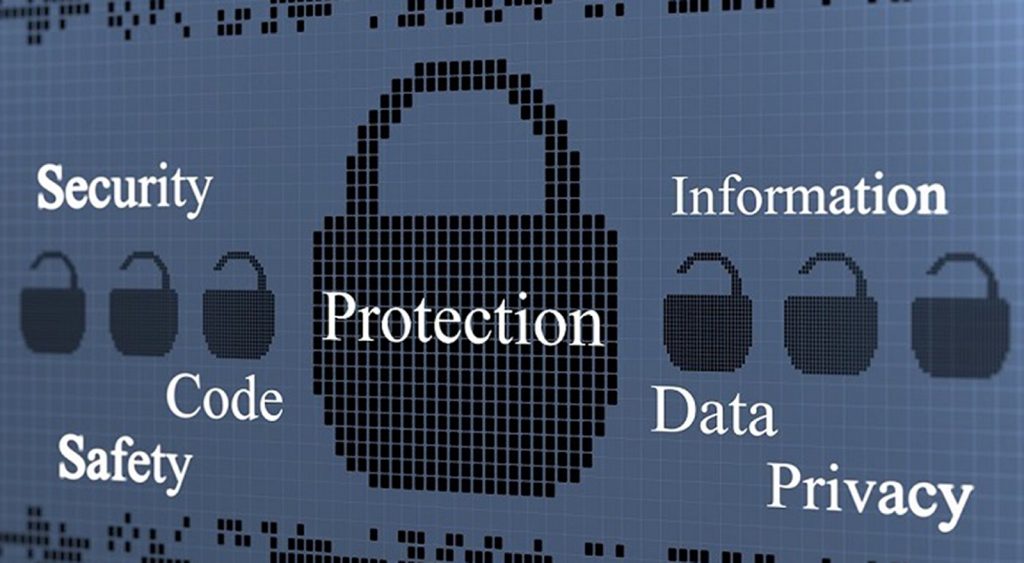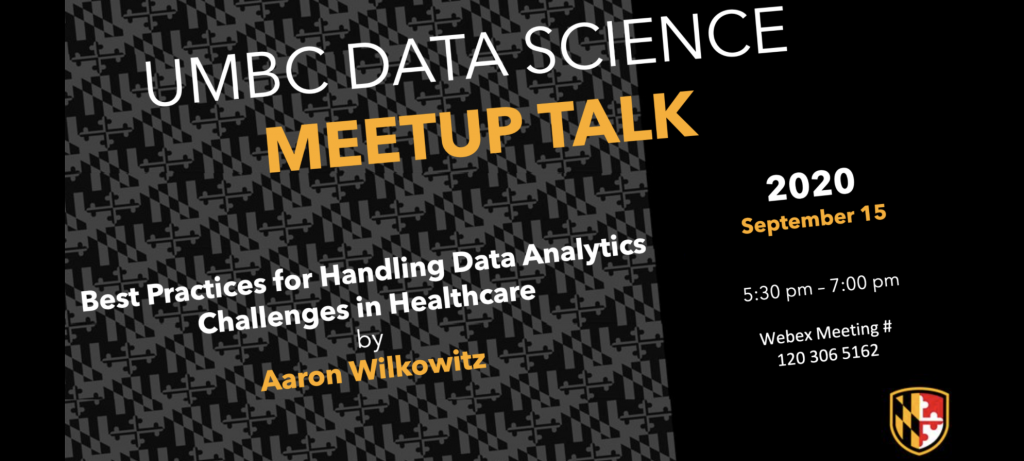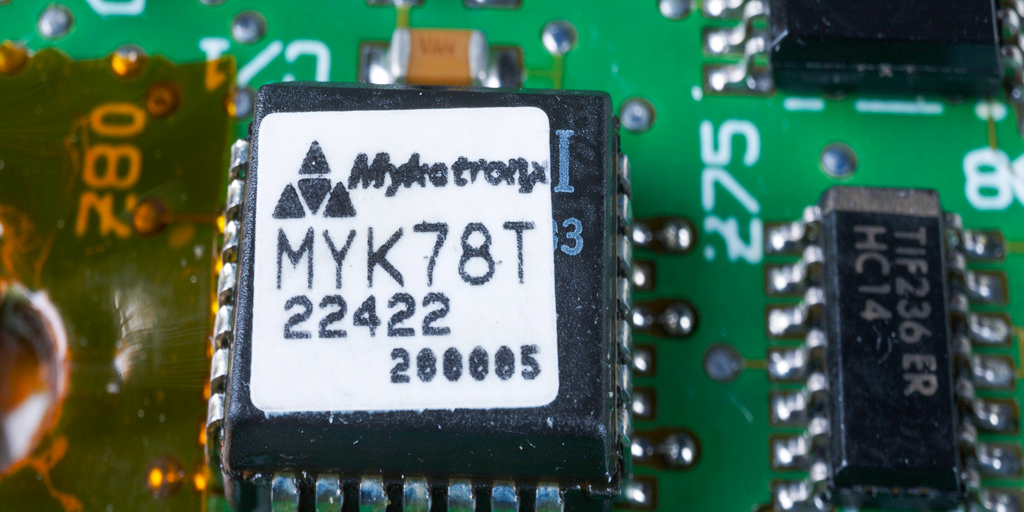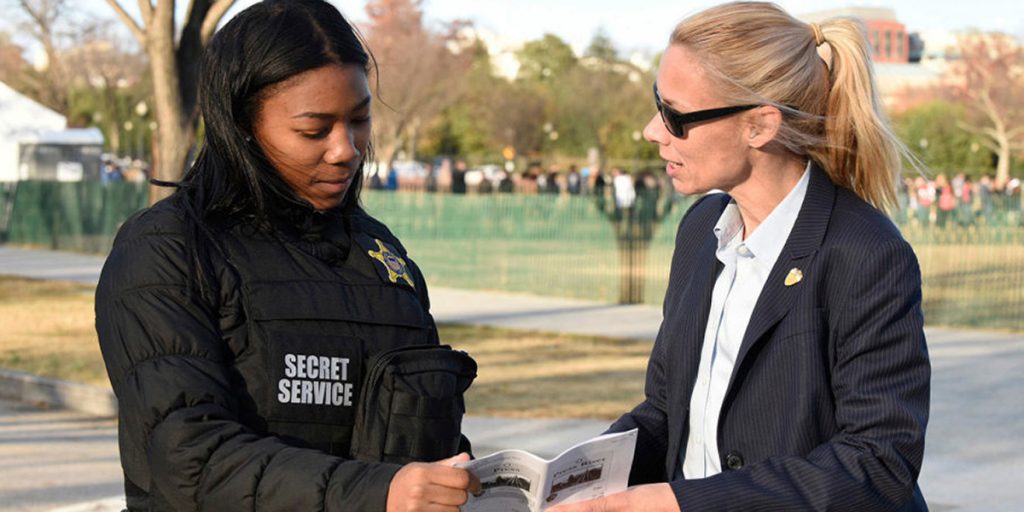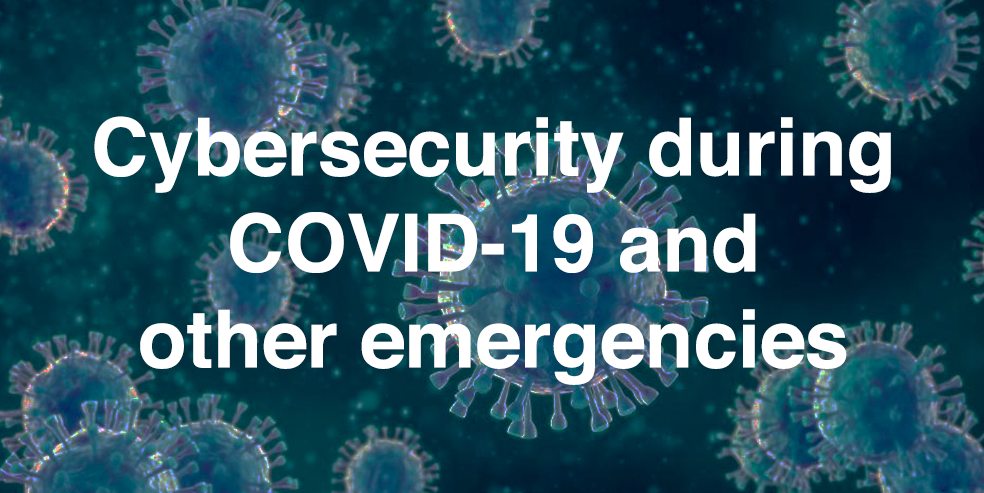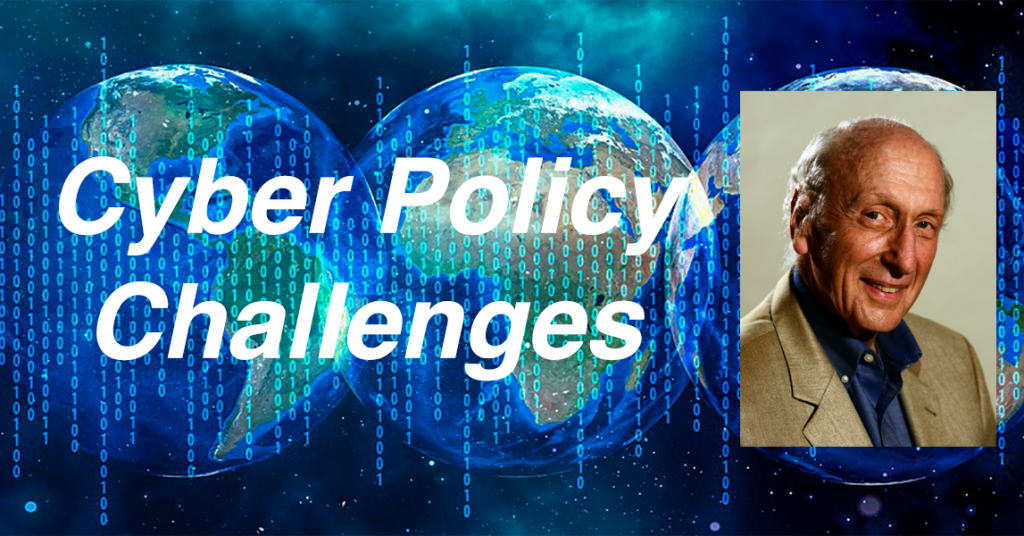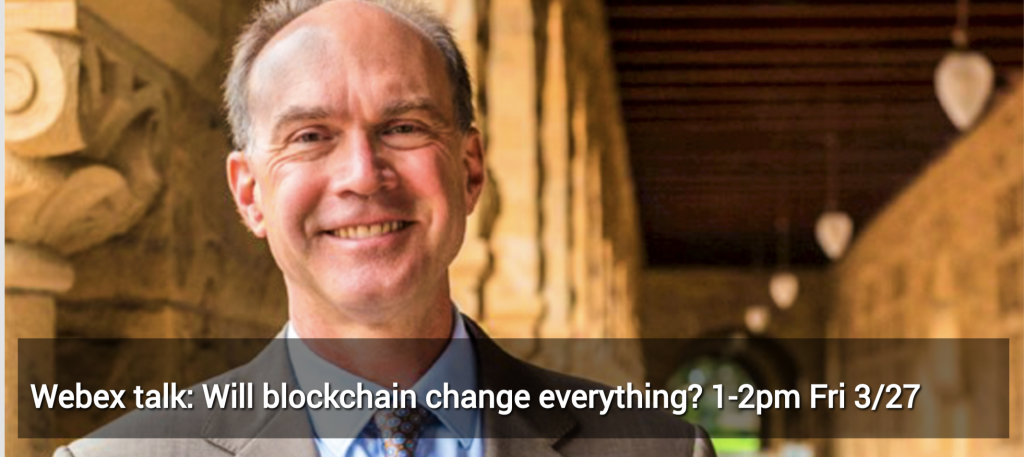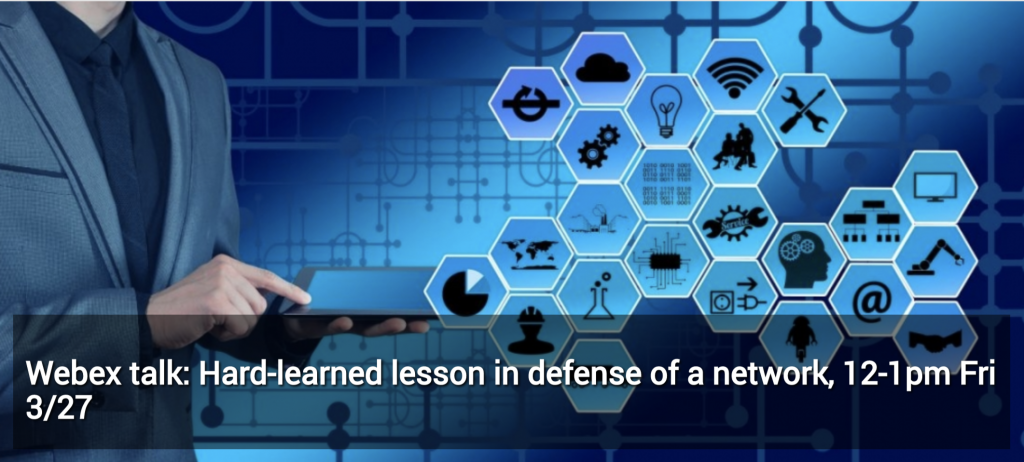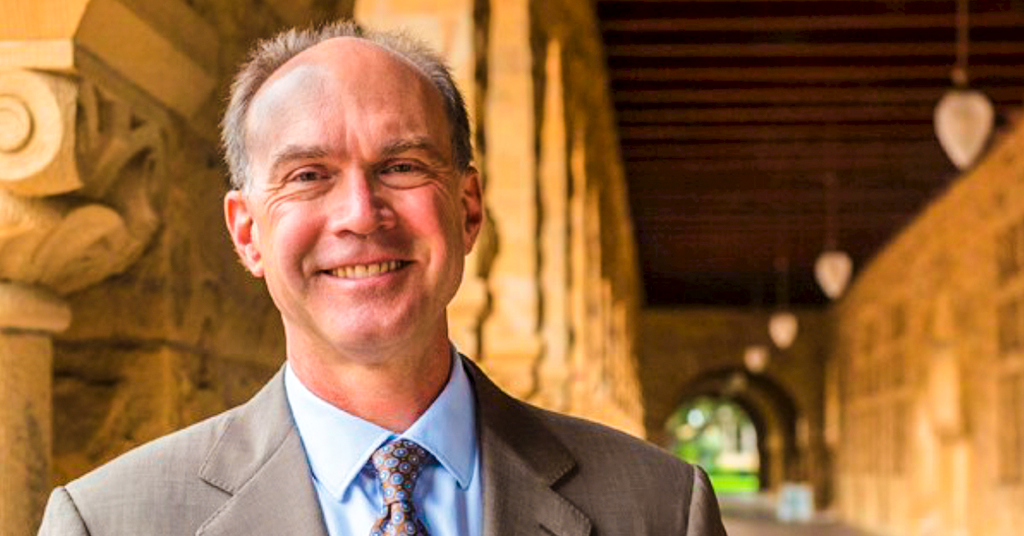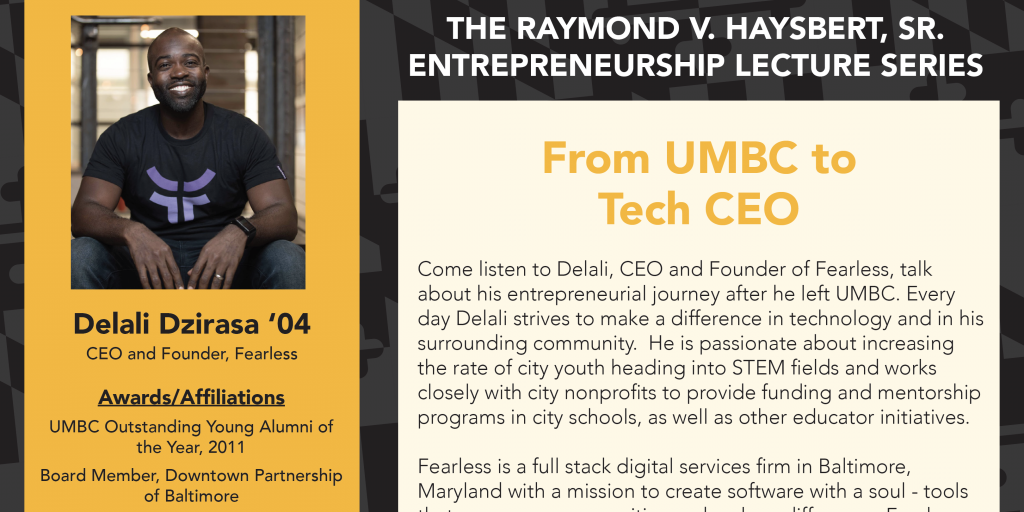
The Alex. Brown Center For Entrepreneurship
The Raymond V. Haysbert, Sr. Entrepreneurship Lecture Series
presents
From UMBC to CEO
Delali Dzirasa, Fearless
UMBC ‘04, BS Computer Engineering
12:00-1:00 pm Wednesday, 30 September 2020
online via Webex
Come listen to Delali, CEO and Founder of Fearless, talk about his entrepreneurial journey after he left UMBC. Every day Delali strives to make a difference in technology and in his surrounding community. He is passionate about increasing the rate of city youth heading into STEM fields and works closely with city nonprofits to provide funding and mentorship programs in city schools, as well as other educator initiatives. Fearless is a full stack digital services firm in Baltimore, Maryland with a mission to create software with a soul – tools that empower communities and make a difference. Fearless delivers sleek, modern, and user-friendly software designed to push the boundaries of possibility, to create a world where good software powers the things that matter.
Every day Delali strives to make a difference in technology and in his surrounding community. He is passionate about increasing the rate of city youth heading into STEM fields and works closely with city nonprofits to provide funding and mentorship programs in city schools, as well as other educator initiatives.
Delali Dzirasa ‘04 is the CEO and Founder, of Fearless. He received a B.S. in computer engineering from UMBC in 2004. His awards and affiliations include UMBC Outstanding Young Alumni of the Year, 2011; Board Member, Downtown Partnership of Baltimore; Board Member, UMBC College of Engineering & Information Technology; Co-Founder / Chair DevOpsDays, Baltimore; BBJ’s 40 under 40, 2017; Co-Founder, Digital Services Coalition, 2018; Co-Founder, Hack Baltimore, 2018; GBC LEADERship class of 2018; BBJ’s National List of Influential 100; Young Executives, 2018; and BBJ’s Tech 10, 2019.
For more information, see this flyer
The Raymond V. Haysbert, Sr. Entrepreneurship Lecture Series provides a platform for successful entrepreneurs to candidly share their experiences and insights with UMBC students, faculty, alumni and the Baltimore business community. The series highlights experiences, lessons learned and unique issues and challenges faced by entrepreneurs in the creation of a new enterprise.
